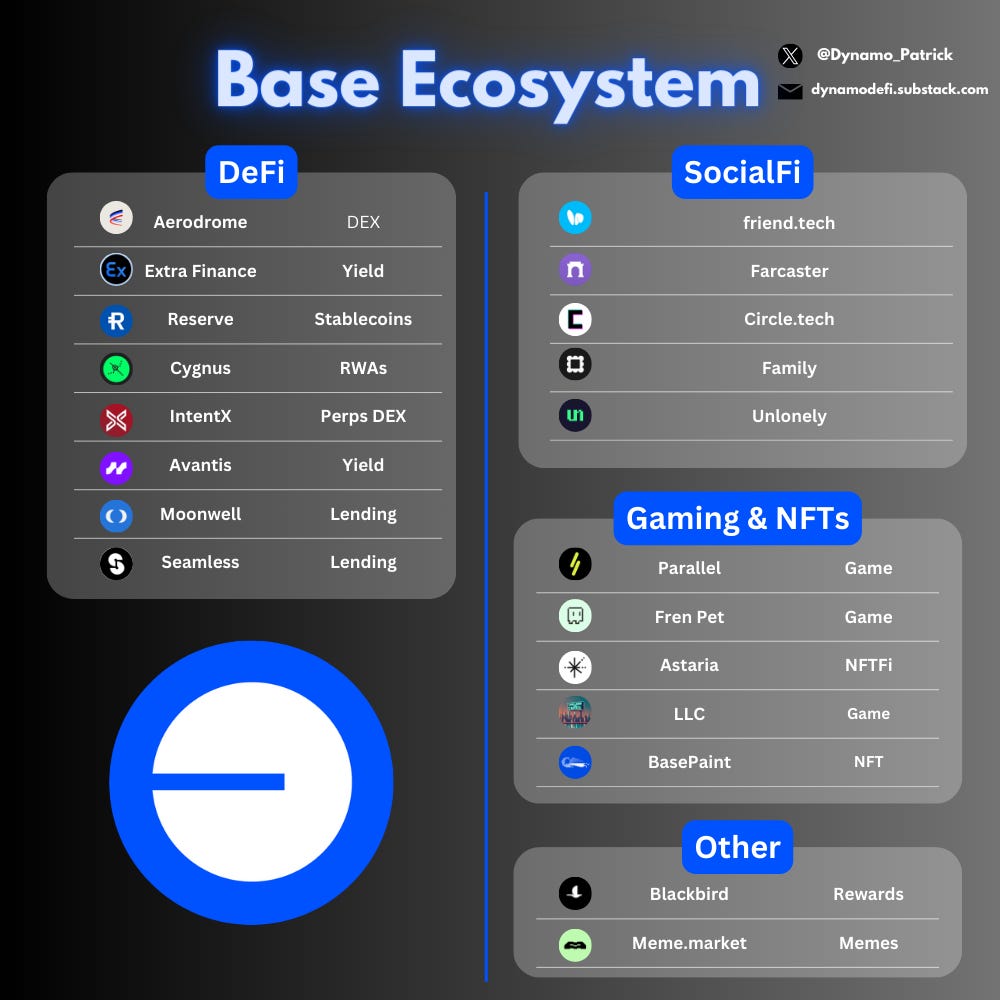Podcast Summary
This podcast episode features an insightful discussion with Rok Kopp, the Chief Revenue Officer of Ether.Fi. The conversation revolves around the evolution of solo staking, Ether.Fi’s journey from a hedge fund to a product, and its foray into the world of liquid staking. The podcast also delves into the challenges and risks associated with staking, the dominance of Lido in the staking ecosystem, and the potential of liquid restaking. The episode concludes with a discussion on the importance of decentralization and the future of Ether.Fi.
Key Takeaways
Ether.Fi’s Evolution and Entry into Liquid Staking
- Ether.Fi’s Origin: Ether.Fi started as a hedge fund that faced challenges in finding reasonable options for staking ETH, leading them to develop Ether.Fi as a product.
- Entry into Liquid Staking: Ether.Fi initially considered partnering with Lido for staking but found significant risks associated with it, including the compromise of withdrawal keys and liquidity crunches.
- Focus on Value Creation: Ether.Fi’s focus is on building value and creating a positive impact rather than engaging in aggressive competition for small gains.
Challenges and Risks in Staking
- Risks with Lido: Lido’s withdrawal mechanism and reliance on node operators holding the keys pose risks of compromise and potential ransom scenarios.
- Alternative Staking Platforms: The podcast discusses Rocket Pool as an alternative, praising its decentralized approach but expressing concerns about scalability and the time required to set up validators.
- Risk Mitigation Measures: The equalization of risk across all validators and the inclusion of insurance for slashing events are mentioned as measures to mitigate risks.
Emergence of liquid restaking
- Introduction of liquid restaking: The concept of liquid restaking is introduced as a new phenomenon in the Ethereum ecosystem, allowing node operators and validators to earn extra yield by adding new slashing conditions.
- Potential of Restaking: The potential of Restaking is discussed, with the host comparing it to the significance of Ethereum itself and emphasizing the need for further development and risk mitigation.
- Future Developments: Collaboration with Block Swap and the potential for future developments in the Restaking space are mentioned.
Importance of Decentralization
- Role of Solo Stakers: The speaker highlights the importance of solo stakers for decentralization and mentions working with DVT providers and hardware providers to integrate and scale solo staking.
- Client Diversity: The speaker acknowledges the need for scale and client diversity in the staking space.
- Education and Diversity: The speaker mentions the importance of educating people about different options and believes it is healthy to have different projects and narratives in the space.
Future of Ether.Fi
- Liquid Staking Token: The liquid staking token for the Ether.Fi protocol will be issued in three weeks, around mid-November.
- Partnerships and Strategies: The guest mentions the possibility of participating in Curve Wars and acquiring CVX CRV tokens, but they are currently focused on liquidity strategies and partnering with platforms like Balancer and Uniswap.
- Outreach: The guest provides their website, Ether.Fi, where people can find more information and sign up for the whitelist. They also mention their social media presence and their Twitter handle, @koppknows.
Sentiment Analysis
- Bullish: The podcast exhibits a bullish sentiment towards the future of Ether.Fi and the potential of liquid staking. The guest’s optimism about the upcoming launch of Ether.Fi’s liquid staking token and their focus on liquidity strategies and partnerships indicate a positive outlook for the company’s growth.
- Neutral: The podcast maintains a neutral stance on the risks associated with staking, discussing both the challenges and the measures to mitigate these risks. The discussion on the dominance of Lido in the staking ecosystem and the need for alternative products also reflects a balanced view.
- Bearish: A bearish sentiment isn’t explicitly expressed in the podcast. However, the concerns raised about the scalability of Rocket Pool and the risks associated with Lido’s withdrawal mechanism suggest a cautious approach towards these staking platforms.













